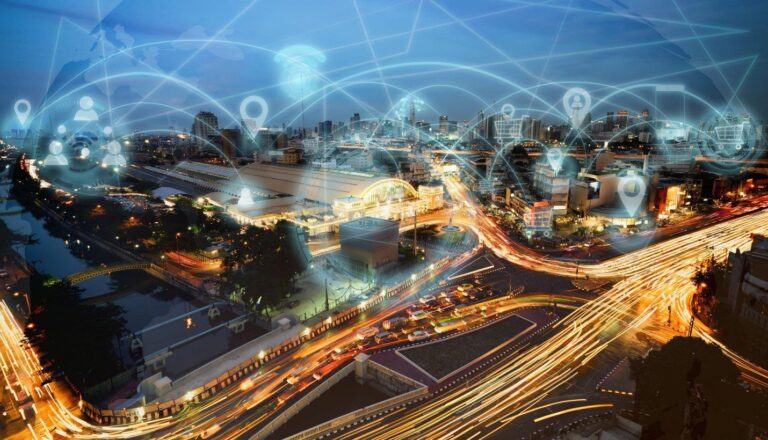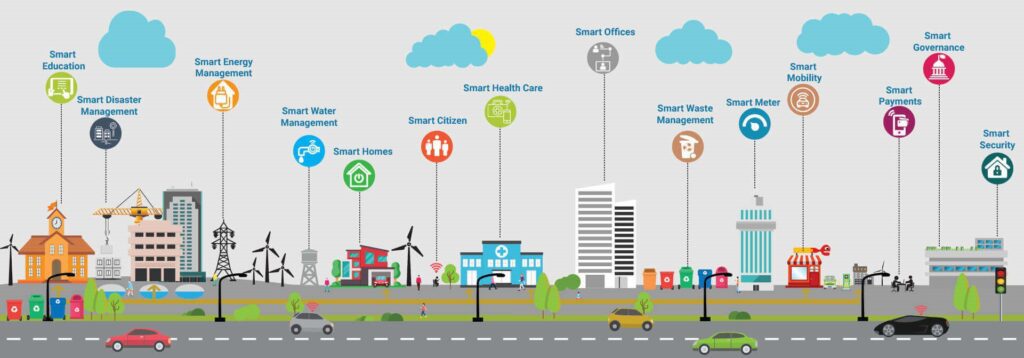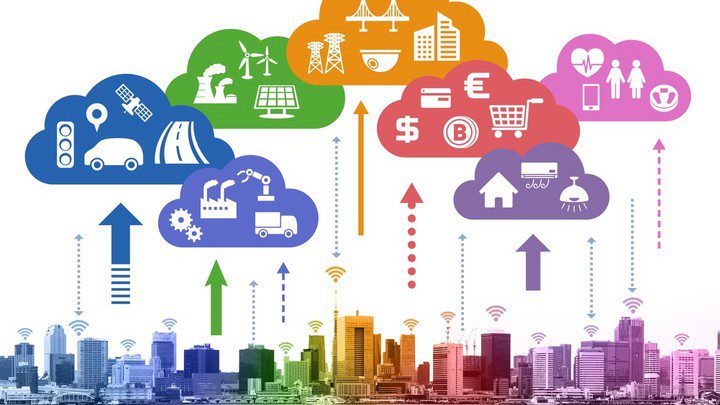Future of Smart Cities in Singapore and India
This blog will explain the scope and future of Smart Cities in Singapore and India.
The future of "smart" cities begins with people, not technology. Cities are becoming increasingly habitable and adaptive as they become innovative. We are just witnessing what smart city technology can achieve in the urban environment.

Introduction#
According to [Smart City Index (2022)],
"An urban setting that uses a wide range of technological applications and executions for the enhancement and benefit of its citizens and reduce the urban management gaps is defined as a Smart City."
Singapore was ranked the top smart city in the world, followed by Helsinki and Zurich. India, however, lost its position in the top 100 list for 2020. It could be a result of pandemic-induced halts and stringent lockdowns applications in Indian cities.
Smart cities in the post-pandemic era are more relevant. It is especially considering the opportunities provided by smart city solutions in the management and effective service delivery for healthcare, education, and city management [(Hassankhani et al., 2021)].
Smart City Solutions#
Rapid urbanization has necessitated the development of smart city solutions. According to [(Elfrink & Kirkland, 2012)], future smart cities will be the facilitators of speeding economic growth and smart city infrastructure.
Smart City solutions extend across various domains.
Smart Parking#
- There are three types of smart parking solutions for Smart Parking:
- ZigBee sensor-based
- Ultrasonic sensor-based
- Wi-Fi camera-based
which caters to street parking, interior parking, and multi-level parking.
- The Car Parking Occupancy Detection and Management system employs field-mounted Wi-Fi-based cameras. It is an end-to-end solution that is durable, dependable, and cost-effective.

Smart Traffic Management#
The Smart Traffic Management system provides centralized traffic lights and sensors that govern traffic flow across the city in response to demand. It includes the following:
- The smart vehicle inspection system
- System of Junction Control
- System for Counting Vehicles
- Junction Control Unit (JCU)
Smart Lights#
The cost-efficient rays of light from an innovative, networked street lighting solution illuminate the effective way to a future of a Smart City.
Smart Street Lighting Characteristics or Solutions:
- Maintenance Planning
- ON / OFF autonomy
- Grid Monitoring, Optimization, and Reporting
- Integrations of Smart City Platforms
- Installations are quick and inexpensive
- Communication Technology Agnostic
Smart Governance#
Smart Governance combines smart city technology with creative approaches to improve government service delivery and citizen participation in policy development and implementation [(Tan & Taeihagh, 2020)]. This approach, when used successfully, enables responsive, transparent, and inclusive policy decisions.
Smart City Solutions for e-Governance:
- The Citizen Portal
- Residential Data Hub for the State
- Monitoring of Service Desk Infrastructure
- Billing Administration
- E-Procurement
- Project administration
- Facility administration
- Election Details
- Monitoring of the road
- Management of Encroachment
- Job administration
- Monitoring of Parking Meters
- Fleet administration
- Monitoring of Road Sweeping
- Dashboard for City Performance

Smart Cities in India#
Smart city projects in India have been going on since 2014. Solutions include using digital mobile applications to provide beneficial services to everyday citizens, digital payment systems for government facilities and non-government services, and incorporating digital databases to manage the negative effects of urbanization.
Indian IoT smart cities like Delhi and Mumbai are facing uncontrolled urbanization and a crunch in public infrastructure. The government of India sees a possibility of developing IoT smart cities, effectively providing the roadmap for other cities to join the bandwagon as a part of growing smart cities in India. However, infrastructure is a primary requirement for growth.
The use of smart city technology in producing clean energy, clean energy consumption, and waste management requires the development of smart city infrastructure.
Smart Cities in Singapore#
Singapore is ranked 1st on the list of smart cities in the world. Smart city infrastructure, such as the decentralization of wastewater to produce clean potable water, smart cities in Singapore's infrastructure to create clean transportation, and enabling the participation of citizens in regular city management. These make Singapore a model for smart city solutions.
The innovative solution made for the smart city has enabled Singapore to become a nation that has always been among the top three countries leading smart cities in the world. Technology transfer, especially in sustainable transport, will be a hallmark of technology-driven collaboration between India and Singapore.
Singapore uses this infrastructure for sustainable transport that relies heavily on digitalization, making Singapore an IoT smart city.
Conclusion#
The potential of IoT is limitless. Urban data platforms, big data, and artificial intelligence can convert our urban centers into smart, sustainable, and efficient environments with large-scale implementation, deliberate deployment, and careful management.
The shared use of information is the key to the success of all industries, from healthcare to manufacturing and transportation to education. Our next-generation smart cities will be more innovative than ever by collecting data and implementing real solutions.